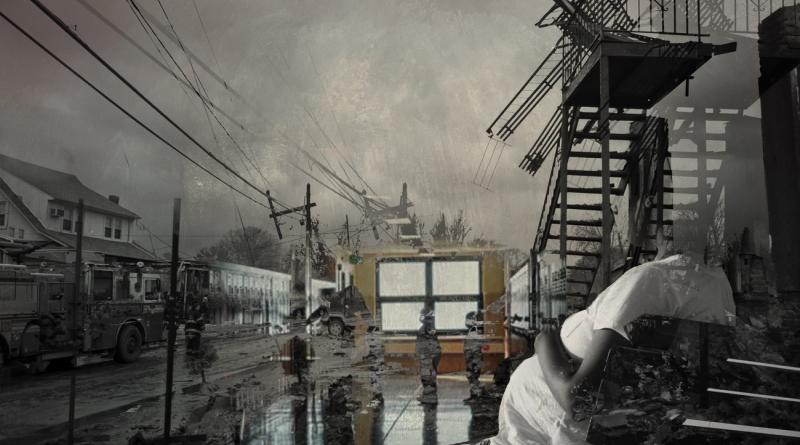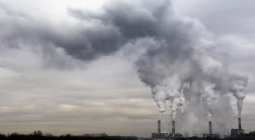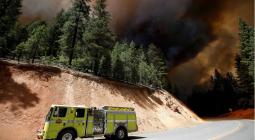When Superstorm Sandy hit in October 2012, Celia Sporer-Newman was about eight months pregnant and working full-time as a paramedic in Queens, New York.
Sporer-Newman had worked through previous disasters, including Hurricane Irene the year before, but this felt different. She saw news reports that said Sandy was going to be worse than anything New Yorkers had seen before.
“What if I go into labor?” Sporer-Newman wondered. “I was like, [with] my luck, I’ll be at work in an ambulance standing in, like, 12ft of water.”
Four days before Superstorm Sandy made landfall and about three weeks before her due date, Sporer-Newman gave birth to a baby boy named Izzy. He was 7lb 6oz and jaundiced, and otherwise appeared healthy. But as the rain from Sandy began to come down, Sporer-Newman and her baby would face challenges beyond their expectations.
In the US, hurricanes are increasing in frequency and intensity due to the climate crisis. Disasters cause obvious problems: people’s homes are damaged or destroyed, neighbourhoods are flooded, businesses fail and workers lose jobs.
A study released this fall suggests there may be other more insidious, long-term effects. Children who were exposed to Superstorm Sandy while in the womb have “substantially” higher risks for developing depression, anxiety and attention deficit and disruptive behavior disorders, including ADHD.
The research, published in September in the Journal of Child Psychology and Psychiatry, surveyed 163 preschool-age children and found that those exposed to Sandy in utero were more than twice as likely to be diagnosed with anxiety disorders and nearly four times as likely to be diagnosed for attention deficit and disruptive behavior disorders. The study also found a sex difference in diagnosis among girls and boys. Girls were more at risk of anxiety and depression, and boys were more at risk of ADHD. About 86% of the study’s participants were from racial and ethnic minorities and low-income backgrounds.
Dr Yoko Nomura, the study’s lead author and a professor of psychology at City University of New York’s Queens College, said she did not anticipate the magnitude or consistency of these findings. “Superstorm Sandy turned out to be really a bad, bad guy,” she said.





